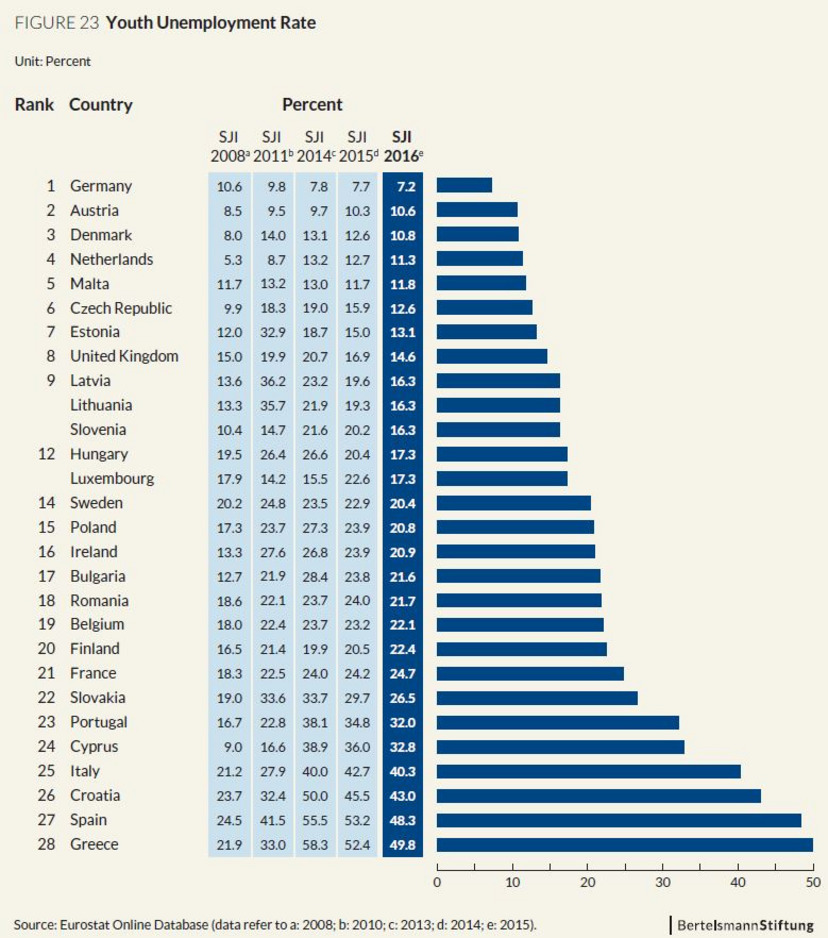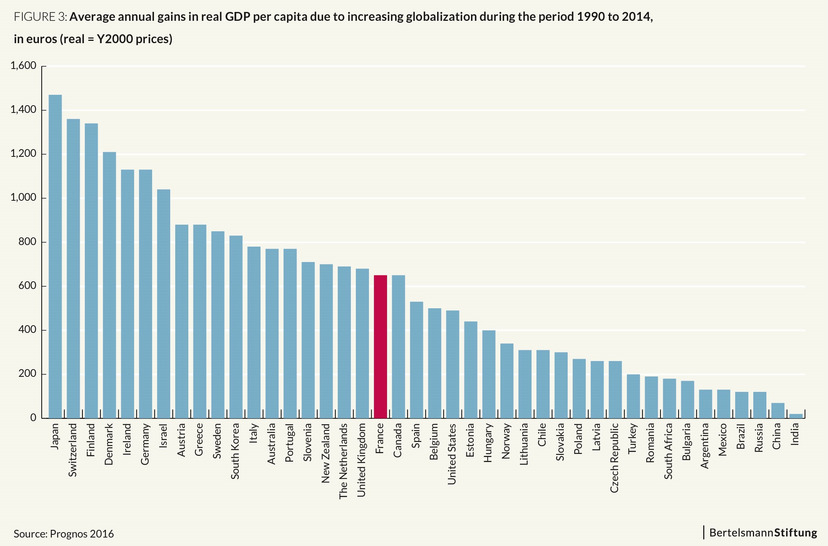With some 67 million inhabitants, France is the second most populous country in Europe after Germany and one of the continent's leading economic powers. The country's president is the chief of state. François Hollande of the leftist Socialist Party has held the post since May 2012, but is not running for reelection. With that, the way is clear for the country to elect his successor.
Eleven politicians are vying to become president. By tradition, an initial election is held followed by a runoff. Current surveys suggest that either Emmanuel Macron or Marine Le Pen have the best chance of becoming France's next head of state. Macron, the country's economics minister until last August, is the candidate of the centrist Onward! (En Marche!) party, which he founded only last year. Le Pen leads the ticket for the National Front, the right-wing party that has occasionally espoused extremist views. The conservative Republicans, whose candidates have repeatedly been elected president, have nominated former Prime Minister François Fillon. The ruling Socialist Party has put forward former Education Minister Benoît Hamon. Another viable candidate is Jean-Luc Mélenchon, an independent who has advanced a number of far-left views.
What are social and economic conditions like in France in the run-up to the vote? Here we present some facts and figures.
![[Translate to English:] Blick auf Paris mit Eifelturm. Die Stadt liegt im Licht der aufgehenden Sonne.](/fileadmin/files/_processed_/6/c/csm_55441894124175721610_03f8f2ca63_o_f86d0dcc98.jpg)




